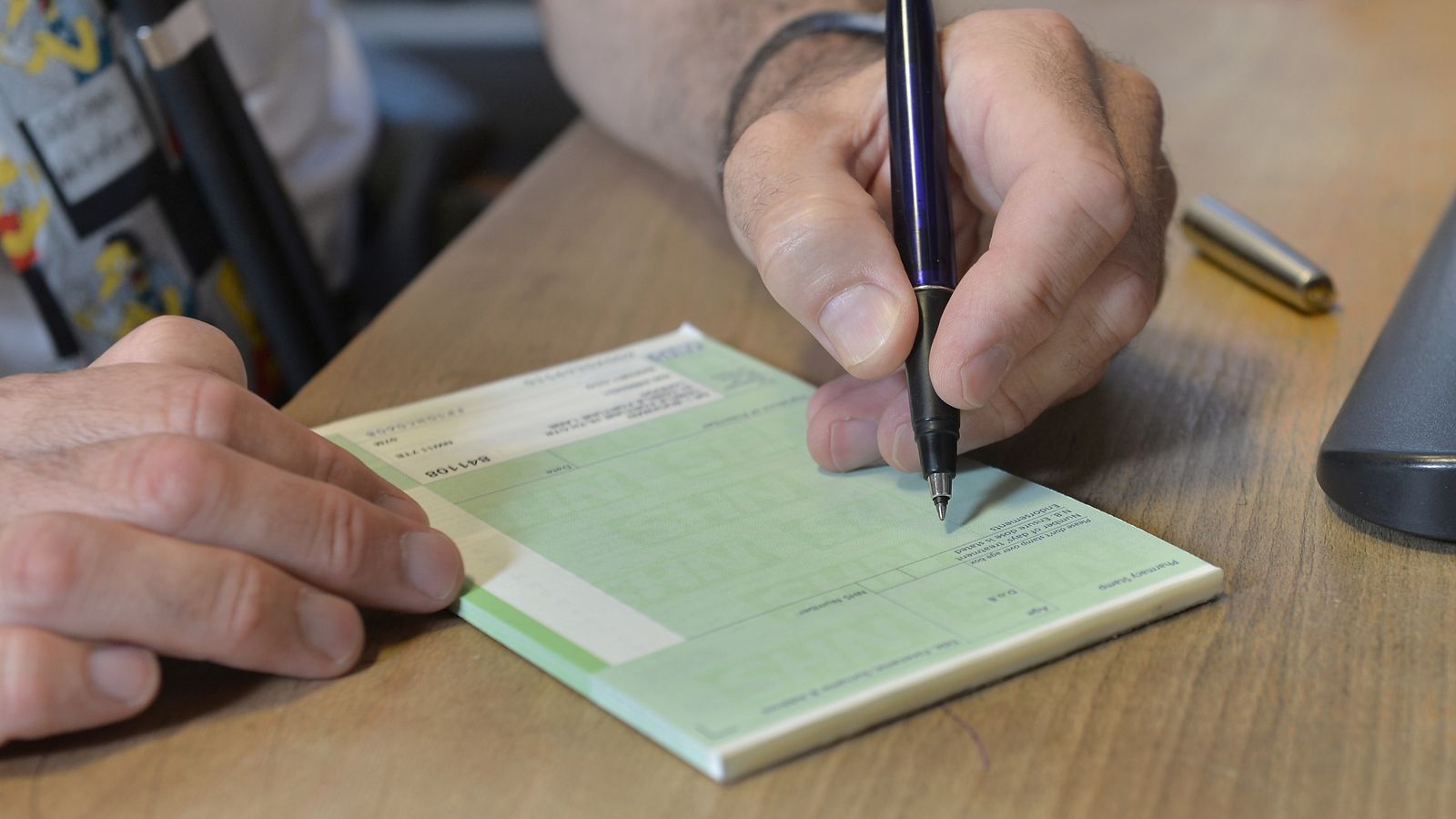Hormone replacement therapy (HRT) should be the first treatment offered to women with symptoms of the menopause, a health watchdog has said.
In updated guidance, the National Institute for Health and Care Excellence (NICE) said HRT is “the preferred, recommended approach” for tackling symptoms such as hot flushes, insomnia and low mood.
The move comes after draft guidance published last November controversially suggested cognitive behavioural therapy (CBT) – designed to help people manage their problems by changing the way they think and behave -could be offered as either an alternative to HRT, or alongside it.
The rewritten guidance states HRT should be the first-line treatment with CBT offered in addition to it, or recommended for people who cannot take HRT or don’t want to take it.
The updated guidelines also emphasise that HRT does not affect life expectancy.
Today, NICE has also published a menopause “discussion aid” with data on how HRT can slightly increase the risk of some health conditions such as blood clots and breast cancer – while it lowers the risk of osteoporosis.
Professor Jonathan Benger, chief medical officer and interim director of the centre for guidelines at NICE, told a briefing: “We have revised the guideline to be really clear that CBT is an adjunct, it’s an add-on therapy, and it can help people manage the symptoms.
“But we are very keen to emphasize that HRT is our recommended first-line therapy for vasomotor symptoms and for symptoms of menopause.”
He also stressed that NICE is “not saying is that these are not real symptoms that women are experiencing – these are real troubling symptoms and HRT can be very effective”.
“The purpose of CBT is it can help people manage those symptoms more effectively, so that they’re less troublesome to them, but those symptoms are real and they exist,” Professor Benger added.
More from Sky News:
Alzheimer’s drug rejected for widespread NHS use
New, more infectious mpox strain explained
The draft guidance suggested doctors should “consider CBT” for women suffering depression and sleeping difficulties linked to the menopause.
Marie Anne Ledingham, consultant clinical adviser at NICE, said: “Menopause care should be individualised and those seeking treatment for menopausal symptoms have the right to make informed decisions about their care.
“The experience of menopause differs substantially between women, but for those seeking treatment for hot flushes and night sweats, this updated guideline offers new options and new evidence about HRT that will support their choices.”
Checkout latest world news below links :
World News || Latest News || U.S. News
The post Women with menopause symptoms ‘should be offered HRT as first-line treatment’, says updated advice appeared first on WorldNewsEra.

